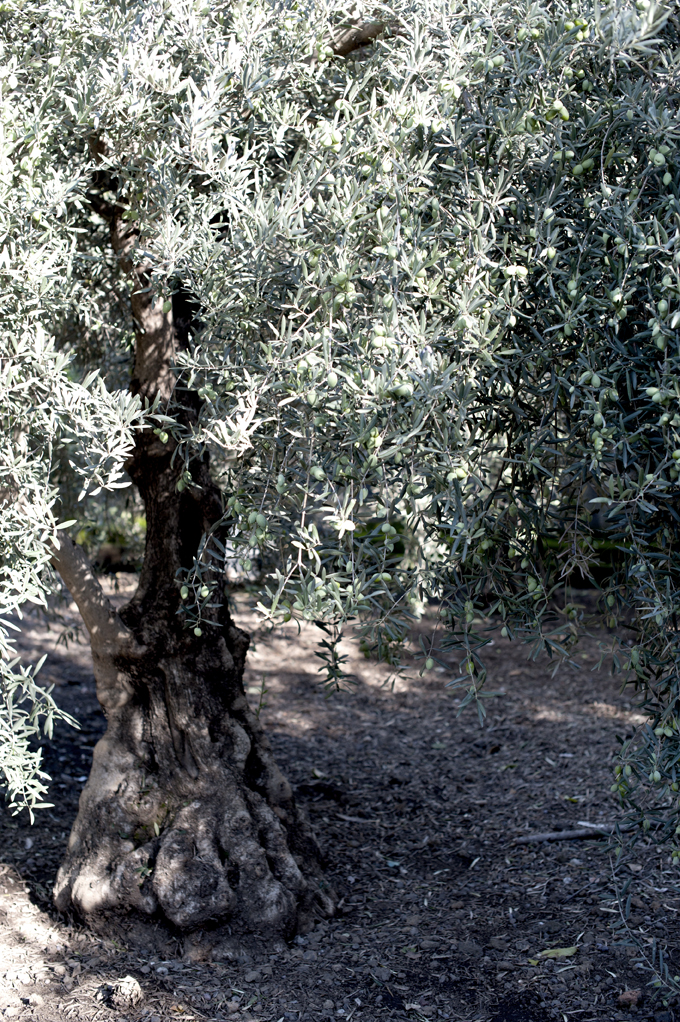It is about integrity…

My classical sourdough training was in South West France, and in most respects I stick to timeless French traditions, except in one area, handling and shaping dough. I use a little olive oil on my hands. The French certainly don’t use olive oil to handle or shape their sourdough. The very suggestion had my long time friend and master baker Harvey throwing his hand up with an almost comical expression of incredulity.
I will admit that it took a while for me to get use to using oil on my hands to shape the dough and I will admit that very high hydration dough is easier to handle using flour. So why then, do I use olive oil?
It was Dan Lepard, who first suggested to me that I use oil. I was sceptical. I wondered if it would change the consistency of the bread, or the flavour? I couldn’t really see any real reason to change the way I was doing things, but the first time I taught a class using olive oil instead of flour showed me that this was a great idea for bakers who were just starting out. For a start there was considerably less clearing up afterwards. More importantly though, I felt it put beginners in more in control of their dough, especially when handling it for the first time. A little oil on the work surface and on the hands means that the dough doesn’t stick, so it gives people time to familiarise themselves and confidently shape a sourdough boule. You really only need just a small amount on your hands, about the size of a two pence piece and rub the surface you are going to place your dough on to get a really good barrier.
The next question that then needed answering was about the kind of oil. Would any old oil do? There is a never ending gastronomic, molecular and nutritional debate about which is the “ideal” cooking oil, but with an Italian mother the instinctive choice for me is olive oil, and it has to be ethical. Caring about my bread is not something that stops with the loaf but something I carry through my everyday live. If we can apply integrity to our bread, then why not the olive oil we use? Every ingredient presents us with an opportunity for us to make a choice to change the world one way, or another. Choosing olive oil is not exempt from controversy. There is a substantial amount of fake and adulterated olive oil and there is no universal way of knowing whether the oil you are buying is actually made with olives, so I was delighted when I was invited to find out more about olive oil and adopt my own olive tree by Pomora olive oil.
Pomora is run by Alun and Paul who set up an direct adoption programme for olive trees last year and deliver the oil from your tree to your door. Their goal is to bring together food lovers with a conscience and producers who share an ethical vision of high quality, wholesome olive oil production that respects the earth and the people farming it. I met one of the olive farmers, Carmelo, who owns and runs his own mill, in his olive grove on the lower slopes of Mount Etna in Sicily, just outside the city of Catania. We spent two days picking, and pressing extra virgin olive oil and meeting farmers from all over Sicily. The oil is exquisite. It cold pressed, fresh, green, vibrant and soft with a wonderful peppery finish. It is without doubt one of the best olive oils I have ever tasted. It’s not a cheap option, but you get what you pay for. I only use a small amount of olive oil when I bake, so for me it has to be the most balanced I can buy; by subscribing to Pomora I am able to support small, independent growers who use traditional and sustainable farming methods. This approach cuts out the middle-man and effectively ensures the farmers get a better price for their produce. The thing I really love is that that the adoption model also means a steadier and more predictable cash flow so farmers are then able to plan ahead with more accuracy, which is, after all the basis of sustainability.
Pomora have kindly offered a 10% discount readers of to the Sourdough School site using the code Sourdough10 click here for more info.




 Sarah Owens Drunken Sourdough Fig Bread Recipe
Sarah Owens Drunken Sourdough Fig Bread Recipe
Leave a Reply